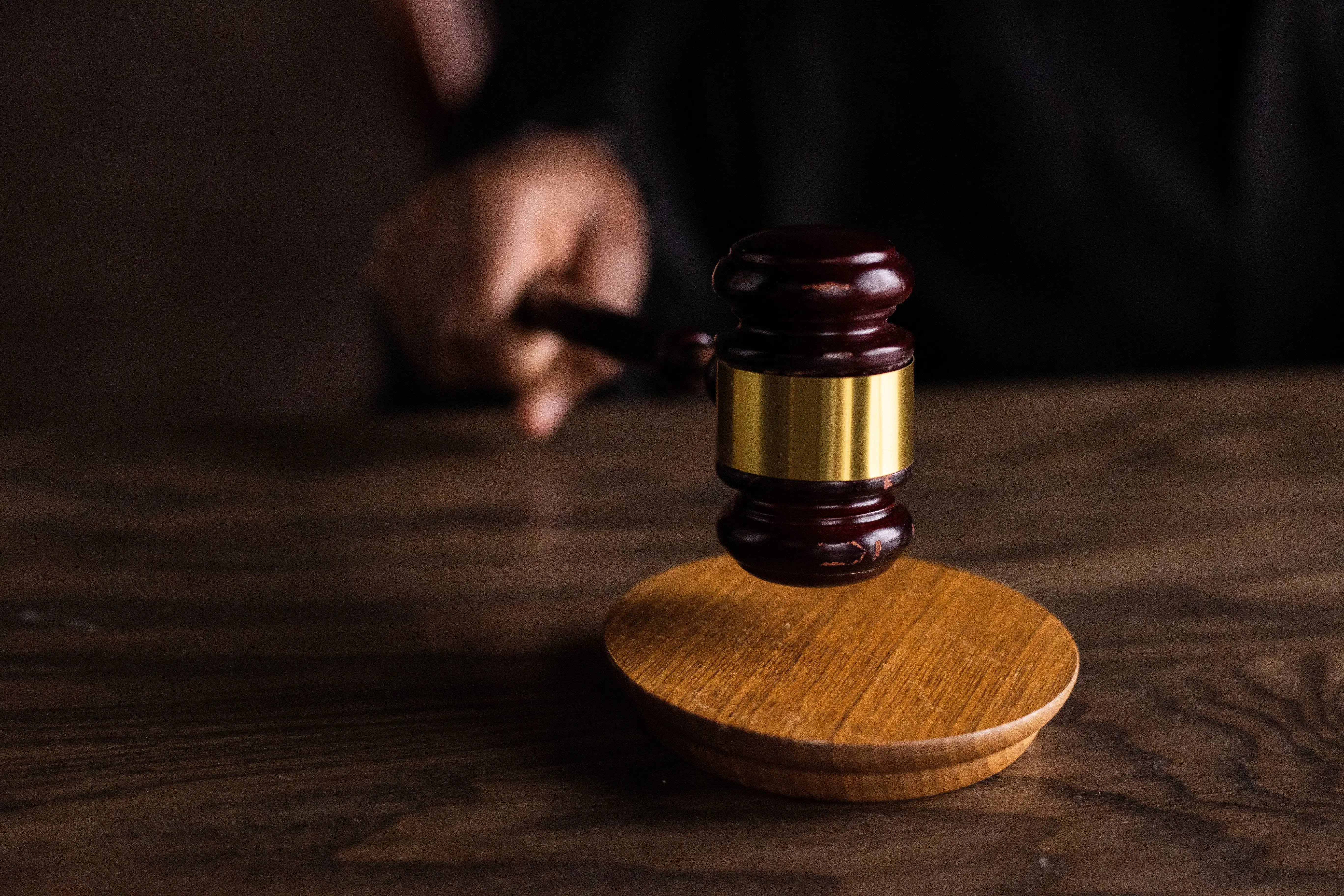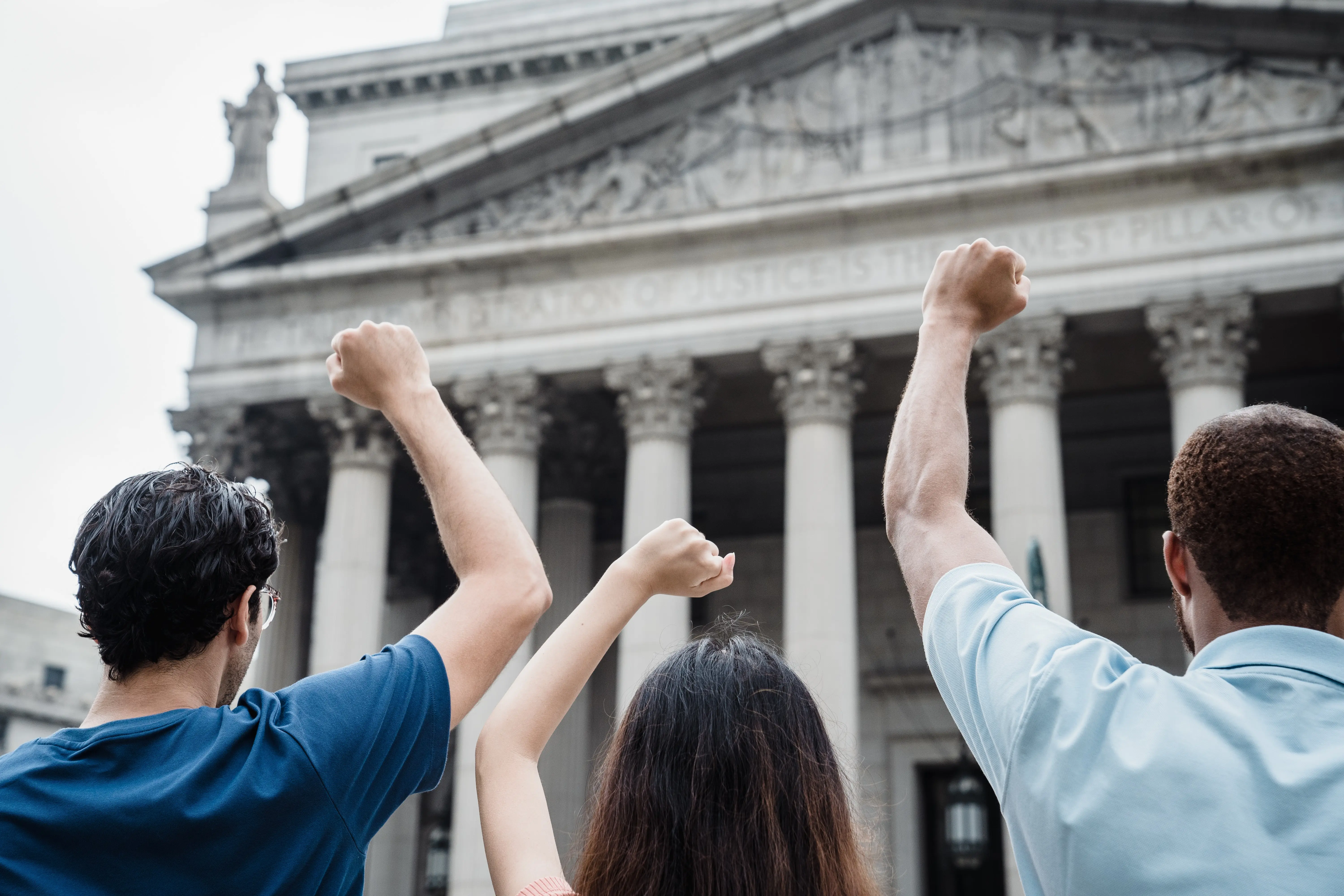The 4th, 5th, and 6th amendments of the Constitution of the United States safeguard the citizens of the country against unfair treatment that may be instigated by the government. The safeguards are part of the efforts directed towards minimizing incidences of discriminatory use of the laws during the trial, verdict, and appeal phases of court proceedings. It is through their positions that courts identify and support the rights of persons charged with criminal offenses. They apply to both adults and persons below the age of majority. Multiple constitutional safeguards apply to both adult and juvenile court proceedings and affect courts in numerous and diverse ways.
Safeguards Provided in the 4th Amendment
The 4th amendment specializes in matters of search and seizure. According to the U.S. Courts (2021), the Fourth Amendment protects the charged persons from unreasonable searches and arbitrary arrest. It guarantees the freedom to secure oneself and property against unfair intrusion instigated by police officers and other law-enforcing agents. It does so by categorically asserting against the issuance of unlawful search warrants. It is clear on the definition of unlawful search warrants. It defines them as the ones that are not prompted by a probable cause, approved by an oath of affirmation. It also excludes those whose descriptions do not match the ones described under the place to be inspected, the affected persons, and the belongings targeted for seizure. The definition is applied in both the adult and juvenile courts since the safeguard is applied in both categories of courts.
The protection that the Fourth Amendment offers is necessary for the welfare of the people in the U.S. It protects both children and adults from the possible harassment that they might face in the process of law enforcement. Its provision is that the persons sent to search and arrest members of the public must have valid search warrants (United States Courts, 2021). Stating so ensures that the right people and property are subjected to searches and seizures. More so, it elevates the status of the common citizenry to that of members who have the powers to demand details of what is to undergo the search and seizure. It ensures that every person has the right level of safety and privacy regardless of his/her identity and status in society. Its ability to guarantee the freedom of people from undue persecution is a necessary addition to the rights and freedoms of the people. It assures citizens that their welfare is guaranteed. If violated, the perpetrators are subject to criminal charges.
Although excellent in ensuring wellbeing, the Fourth Amendment does not offer protection for all kinds of searches and seizures. According to the U.S. Courts (2021), the Fourth Amendment steers clear of the searches and seizures considered unreasonable. Contrary to popular thought, it does not guarantee against all the perceived searches and seizures. It is paramount that people understand the incidences in which the safeguard works. The safeguard does not cover incidences that extend to government interests. For example, the government must intrude and search places that threaten the safety of the public. The Fourth Amendment cannot safeguard the interests of people who are custodians of weapons of mass destruction, guns, and other potentially harmful goods. The safeguard is also limited in that it is subject to the location of the person or items being searched or seized. An example of such an incidence is the case of Minnesota v. Carter, 525 U.S. 83 (1998). It was argued that the convicts did not have a right to the protection of the Fourth Amendment despite being in a private compound since they did not have any legitimate expectation of privacy.
Safeguards Provided in the 5th Amendment
The Fifth Amendment safeguards people against several issues related to the court process. The safeguards are relevant in both criminal and civil courts. Amongst the safeguards is that criminal offenses should be subjected to the verdict of a jury (Casell & Stith, 2021). The jury decides whether or not the person should be subjected to an indictment. Another safeguard is dubbed the double jeopardy protection. It states that people should not be subjected to repeated trials after being charged with the same crime. It prohibits the government not to force people to undergo the same court trials repeatedly for one same. The Fifth Amendment also safeguards the American populace against coerced self-incrimination (Casell & Stith, 2021). It posits that the government should not compel people to provide evidence against themselves. It means that the court is limited against making the defendant witnesses in their court proceedings. Instead, the person is free to speak in the court or remain silent as they deem fit. The Amendment also holds that people under trial should not be subjected to the verdicts of deprivation of life, property, or liberty without undergoing the right law procedures. Its last provision is that private property should not be used for public needs without proper compensation.
The safeguards offered in the Fifth Amendment benefit the American population in many ways. Amongst them is offering fair trials. The U.S., unlike other countries around the world, utilizes the services of grand juries. The juries reduce the chances of tyranny in the country (Casell & Stith, 2021). The second provision in the Fifth Amendment is also beneficial because it minimizes the chances of wearing down defendants. It also minimizes chances of erroneous trials haunting innocent people for undeservedly long. The third provision of the amendment ensures that people do not suffer the consequences of making the case worse off against the persons involved. It protects the defendants from the challenges they may create if they speak in a court of law. A good example is adding incriminating words that may not necessarily be true but are admissible in the court of law. The fourth safeguard also improves the welfare of the people by ensuring that they do not suffer from undue processes. For instance, they ensure that children are not subjected to police interrogations in the absence of a guardian. The last section protects private property. It helps the government to uphold its duty to individual citizens by ensuring that they do not suffer at the hands of greedy government officials.
Safeguards Provided in the 6th Amendment
The Sixth Amendment offers numerous safeguards directed towards the welfare of criminal defendants. Amongst its positions is that a criminal defendant has the right to a speedy trial. It also states that the person is entitled to a lawyer (Cornell Law School, 2021). The other rights included in the amendment include the right to know one’s accusers, the type of charges, and evidence presented against them in specific cases. Also, the person is entitled to a choice of witnesses and the help of an attorney, especially in cases of terrorism. The first provision is helpful in that they minimize the possible unduly long court procedures (Cornell Law School, 2021). It ensures that both adults and juveniles get the justice they deserve within a reasonable period. Allowing the right to counsel also guarantees both juveniles and adults the necessary counsel they need to get to easily maneuver through the trial process without experiencing an unfair verdict (Constitution Congress, 2021). However, the provisions of the Sixth Amendment are at times subject to manipulation by state governments. For example, some states seek to limit children’s right to eliminate their right to legal counsel. For this reason, some people do not fully enjoy the safeguards that it offers.
Impacts of the Amendments on the Day to Day Operations of Courts
The safeguards that emanate from the 4th, 5th, and 5th Amendments affect the day-to-day activities of both the juvenile and adult courts in numerous and diverse ways. Amongst the observed ones is the impact of the right to counsel (Constitution Congress, 2021). It has increased the equality and safety experienced in cases in which the accused is expected to argue against the charges placed against them. It is especially useful for children since they need the assistance of experienced persons to successfully maneuver through the court process and resent the right arguments. Adults also benefit the same way. Miranda warnings also benefit the court procedure by ensuring that they do not suffer the physical harm instigated by brutal police officers (Casell & Stith, 2021). The provision in the Fifth Amendment ensures that the court does not act on false information that may be presented by criminal defendants who may be speaking out of pressure and intensive anxiety. Speedy trial ensures that the courts serve justice to the people within the right period. Similarly, the exclusionary rule enables courts to serve justice using the right evidence that has been correctly obtained. Overall, the safeguards have thoroughly changed the operations of courts since their advent.
Conclusion
The Fourth, Fifth, and Sixth Amendments offer numerous constitutional safeguards for both children and adults. The 4th Amendment ensures the American citizenry against unlawful searches and arrests. It ensures that all invasions that happen on private property and individuals obey the laws of the land. The 5th Amendment protects them against unfair and repetitive trials, compelled self-incrimination, and undue processes. The 6th Amendment protects the rights of persons undergoing trials, such as the right to an attorney and speedy trial. The provisions offered by the three affect the court processes by ensuring fairness, equality, correct evidence, and speediness of trial, amongst others. It is paramount to learn the three for better understanding.
References
Casell, P., & Stith, K. (2021). The Fifth Amendment Criminal Procedure Clauses. Interpretation: The Fifth Amendment Criminal Procedure Clauses | The National Constitution Center. https://constitutioncenter.org/interactive-constitution/interpretation/amendment-v/clauses/632#:~:text=No%20person%20shall%20be%20held,the%20same%20offence%20to%20be.
Constitution Congress. (2021). When the Right to Counsel Applies: Constitution Annotated: Congress.gov: Library of Congress. Constitution Annotated. https://constitution.congress.gov/browse/essay/amdt6_7_2_3/#:~:text=In%20all%20criminal%20prosecutions%2C%20the,of%20the%20accusation%3B%20to%20be.
Cornell Law School. (2021). Sixth Amendment. Legal Information Institute. https://www.law.cornell.edu/constitution/sixth_amendment.
United States Courts. (2021). What Does the Fourth Amendment Mean? United States Courts. https://www.uscourts.gov/about-federal-courts/educational-resources/about-educational-outreach/activity-resources/what-does-0#:~:text=The%20Constitution%2C%20through%20the%20Fourth,deemed%20unreasonable%20under%20the%20law.









